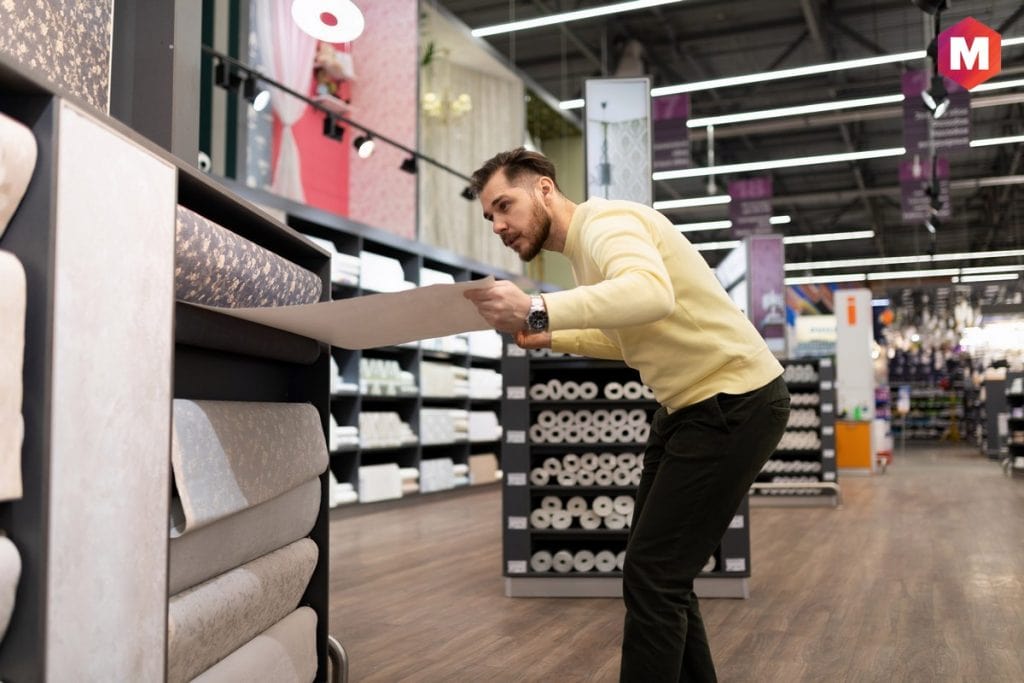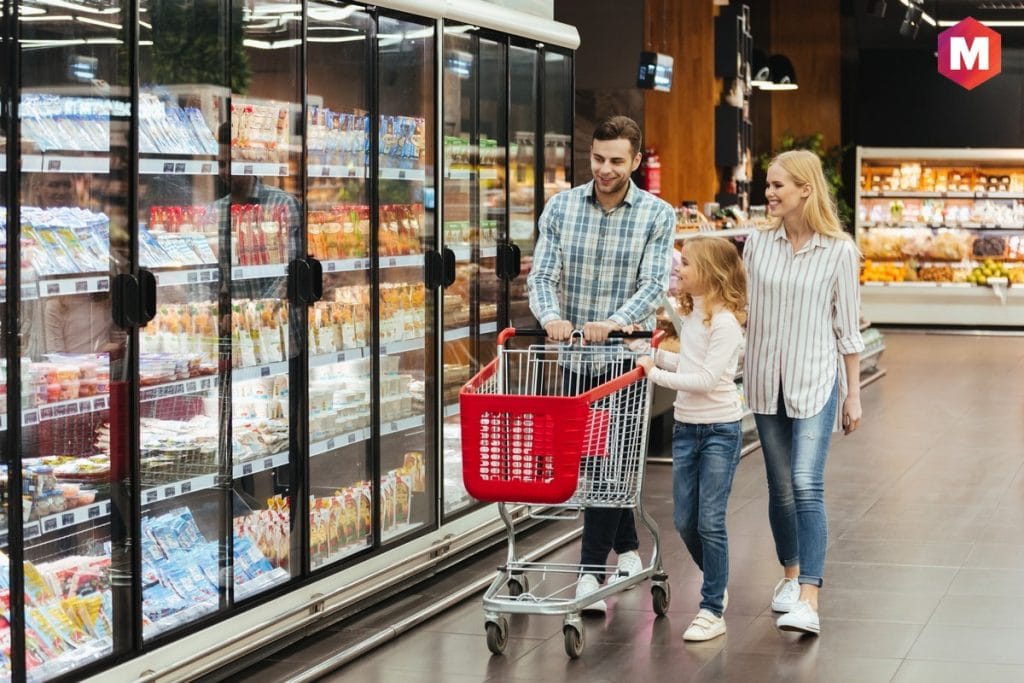Table of Contents
What is Destination Store?
A destination store is a type of retail store that is designed to be a destination in and of itself. Destination stores are usually large, making them a significant draw for shoppers. They often feature a wide range of products and services, as well as unique amenities that make the shopping experience more enjoyable. Destination stores are typically located in high-traffic areas, such as shopping malls or busy city streets.
The term “destination store” is used to describe a variety of different types of retail establishments. Destination stores can be standalone businesses, or they can be part of a larger shopping center or mall. Destination stores can also be found within other stores of retail establishments, such as department stores.
Definition: A destination store is defined as a retail business store that consumers find appealing for particular reasons and are willing to make a special trip just to buy from there. Destination stores are generally distinctive in some ways to entice customers to visit them, even if the distance or location is quite far. In an attempt to attract customers, smaller businesses also favor locations near a destination store.
What sets destination stores apart from other types of retail establishments is their focus on the customer experience. Destination stores are designed to provide shoppers with an enjoyable and memorable shopping experience. To achieve this, destination stores often offer a wide range of products and services, as well as unique amenities that are not typically found in other types of retail stores.
Location of destination stores
Destination stores are typically located in high-traffic areas, such as shopping malls or busy city streets. This is because destination stores rely on foot traffic to generate sales. By locating their stores in high-traffic areas, destination stores can ensure that they will be seen by a large number of potential customers.
The size of destination stores
Destination stores are usually large, making them a significant draw for shoppers. This is because destination stores need to have a large enough space to accommodate their wide range of products and services, as well as any unique amenities that they offer. Destination stores typically range in size from 10,000 square feet to 100,000 square feet.
Characteristics of a Destination Store
Do you ever feel like you need a break from the hustle and bustle of online shopping? Or maybe you’re just sick of scrolling through pages and pages of items without getting any inspiration?
Well, a destination store might be the answer for you. The following are some common characteristics of destination stores:
1. Offers a wide range of products and services
These stores often carry a wide range of products and services, making them a one-stop shop for shoppers. This allows shoppers to find everything they need in one place, which is convenient and saves time.
2. Features unique amenities
They often feature unique amenities that are not typically found in other types of retail stores. These amenities can include things like restaurants, cafes, entertainment options, and more.
3. Provides a memorable shopping experience
They are designed to provide shoppers with an enjoyable and memorable shopping experience. To achieve this, destination stores often go above and beyond to make sure their customers are happy.
4. Focuses on customer service
They typically have a strong focus on customer service. This means that employees are typically very friendly and helpful, and they go out of their way to make sure shoppers have a positive experience.
Types of Destination Stores
There are many different types of destination stores, each with its own unique offerings. Some common types of destination stores include the following:
1. Department stores
Destination department stores are typically large, multi-level stores that offer a wide range of products and services. Destination department stores often feature unique amenities, such as restaurants, cafes, and entertainment options.
2. Clothing stores
Destination clothing stores are usually large stores that offer a wide selection of clothes for shoppers to choose from. Destination clothing stores often focus on customer service, and employees typically go out of their way to help shoppers find the perfect outfit.
3. Shoestores
Destination shoestores are usually large stores that offer a wide selection of shoes for shoppers to choose from. Such a concept store or shopping centre would try to do everything to optimize the retail experience of its visitors.
Benefits of Destination Stores
There are many benefits of destination stores, both for shoppers and for the businesses that operate them. Some of the most notable benefits include the following:
1. Convenient
Such stores are convenient for shoppers because they offer a wide range of products and services all in one place. This saves shoppers time and effort, as they don’t need to go to multiple stores to find what they need.
2. Memorable
Destination stores often provide a memorable shopping experience for shoppers. This is because destination stores often go above and beyond to make sure their customers are happy.
3. Generate foot traffic
Destination stores are typically located in high-traffic areas, which can help generate foot traffic for the businesses that operate them.
4. Increased sales
Because destination stores often draw large crowds of shoppers, they have the potential to generate increased sales for the businesses that operate them.
Examples of Destination Stores in the USA
The following are some examples of destination stores in the USA:
1. Macy’s
Macy’s is a large department store that offers a wide range of products and services. Macy’s has many unique amenities, such as restaurants, cafes, and entertainment options.
2. Bloomingdale’s
Bloomingdale’s is another large department store that offers a wide range of products and services. Bloomingdale also has many unique amenities, such as restaurants, cafes, and entertainment options.
3. Nordstrom
Nordstrom is a large clothing store that offers a wide selection of clothes for shoppers to choose from. Nordstrom has a focus on customer service, and employees go out of their way to help shoppers find the perfect outfit.
4. Foot Locker
Foot Locker is a large store that offers a wide selection of shoes for shoppers to choose from. Foot Locker has a focus on customer service, and employees go out of their way to help shoppers find the perfect pair of shoes.
Rise of the Destination Store
1. Marketplace relevant experience
One of the key factors driving the rise of destination stores is the fact that they offer a marketplace-relevant experience. This means that shoppers can find everything they need in one place, which is convenient and saves time. Destination stores often have a wide range of products and services, as well as unique amenities such as restaurants, cafes, and entertainment options.
2. Building loyalty through innovation and tech
Another factor driving the rise of destination stores is the fact that they are using innovation and technology to build loyalty among shoppers. Destination stores often go above and beyond to make sure their customers are happy. For example, some destination stores use cutting-edge technology to personalize the shopping experience for each customer. Destination stores also often offer loyalty programs that give shoppers rewards for spending money at the store.
3. The rise of showrooming
Showrooming is another factor that is driving the rise of destination stores. Showrooming is when shoppers visit a store to see a product in person but then purchase the product online from a different retailer. Destination stores are able to combat showrooming by offering a unique and memorable shopping experience that cannot be replicated online. Destination stores also often have lower prices than other retailers, which makes them more appealing to shoppers.
Online Stores vs Destination Stores
There are a few key differences between online stores and destination stores.
First, online stores do not have physical locations, which means they cannot offer the same convenient shopping experience that destination stores can.
Second, online stores often do not have the same range of products and services that destination stores do.
And finally, online stores cannot provide the same personal shopping experience that destination stores can.
The following are some advantages of online stores over destination stores
- Online stores are more convenient because shoppers can shop from anywhere at any time.
- Online stores often have lower prices than destination stores because they don’t have the same overhead costs.
- Online stores can offer a wider range of products than destination stores because they are not limited by space.
The following are some advantages of destination stores over online stores
- Destination stores offer a convenient shopping experience because shoppers can find everything they need in one place.
- Destination stores often have unique amenities such as restaurants, cafes, and entertainment options.
- Destination stores can provide a more personal shopping experience because employees can offer help and advice to shoppers.
Destination stores vs Brick & Mortar Stores
There are a few key differences between destination stores and brick & mortar stores.
First, brick & mortar physical stores often have a smaller selection of products than destination stores because they are limited by space.
Second, brick & mortar stores generally don’t offer the same range of services that destination stores do. And finally, brick & mortar stores cannot provide the same convenient shopping experience that destination stores can.
The following are some advantages of destination stores over brick & mortar stores:
- Destination stores offer a convenient shopping experience because shoppers can find everything they need in one place.
- Destination stores often have a wide range of products and services.
- Destination stores can provide a more personal shopping experience because employees can offer help and advice to shoppers.
The following are some advantages of brick & mortar stores over destination stores:
- Brick & mortar stores often have lower prices than destination stores because they don’t have the same overhead costs.
- Brick & mortar stores are more convenient for some shoppers because they are located in neighborhoods and shopping districts.
- Brick & mortar stores can offer a more personal shopping experience because employees can offer help and advice to shoppers.
Destination Stores: The Future of Shopping?
Destination stores are becoming increasingly popular as shoppers seek out unique, convenient, and personal shopping experiences. While online stores and brick & mortar stores have their own advantages, destination stores offer the best of both worlds.
With a wide range of products and services, destination stores can provide everything that shoppers need in one convenient location. And with cutting-edge technology and personalization strategies, destination stores are able to offer a truly unique and memorable shopping experience. It’s no wonder that destination stores are becoming the new go-to for shoppers around the world.
Conclusion!
A destination store is a physical store that is created with the idea of giving consumers a special shopping experience. It is a place where community members can come together to shop, and sometimes even eat and drink.
Destination stores are becoming increasingly popular, as people are looking for ways to connect with others and create a more personal shopping experience. If you’re looking for something different the next time you go shopping, consider visiting a destination store.
Who knows, you might just find your new favorite place to shop.
Liked this post? Check out the complete series on Retailing

